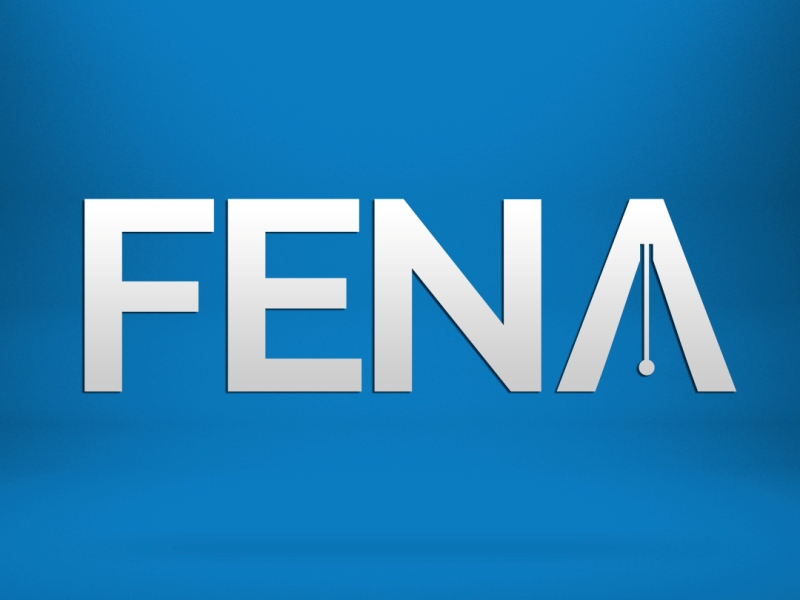BRUSSELS, April 27 (FENA) - The intention of the European Law on Freedom of the Media is to ensure a favorable environment for freedom of expression and the protection of media freedom, European Commissioner for Values and Transparency Věra Jourová told FENA in an interview organized by the European Newsroom - enr) held within the marking of the World Press Freedom Day on May 3.
The legislative process of the European Union's proposal on the European Media Freedom Act (MFA), which is in an advanced stage and the public consultations of the European Commission are underway. The MFA is a key piece of EU Commission legislation to address serious threats to media freedom and pluralism across the bloc.
- We realized that we need much more than the media in order to be a stable and strong pillar of a democratic society. We are not only regulating the media with this law, but first we are regulating their ownership, and the second is that the media have an independent editorial board in relation to ownership and everything else concerns the environment in which the media work - Jourová added.
She noted that journalists today work in a very bad environment, especially those who report on the war in Ukraine, where accurate and verified information is needed more than ever, stressing that it is extremely important to ensure editorial independence in the media.
The Commissioner paid tribute to all the journalists who lost their lives in an effort to inform the public, with particular reference to those who are currently on the front lines of defense in Ukraine as well as those who work in authoritarian regimes and who are in prisons.
She also said that in the member states of the European Union, it should be ensured that the legal system is not abused against the media, and there is the issue of regulating the funding of public media, which must be transparent, but in such a way that such funding does not hinder editorial independence.
When asked by FENA how she views the fact that the entity of Bosnia and Herzegovina Republika Srpska intends to introduce defamation into the Criminal Code, she said that in this case Bosnia and Herzegovina is going in a different direction.
- I said that even before we recommended that defamation be dealt with through civil and administrative proceedings and that defamation, which is treated according to criminal laws, be abandoned - she underlined.
She says that this is a trend in the European Union and it is something that they recommend to all member states, as well as to countries aspirants for membership in the European Union.
- Of course we can't implement it entirely in Bosnia and Herzegovina, but it would be desirable if BiH political representatives pay attention to it and notice that it is not a trend in the European Union - she stated.
Also, answering FENA's question about whether the law on media freedom at the state level will be one of the conditions for joining the European Union, since Bosnia and Herzegovina is an aspirant country for membership, the commissioner said that the EU has strict conditions for candidate countries.
- We have legal obligations for the field of media in the chapter concerning the rule of law. It is a broad concept that we apply in the EU and it was also used as a template for accession negotiations so that the media law belongs to the group of laws for membership negotiations - pointed out the European Commissioner for Values and Transparency Věra Jourová.
Speaking generally about media freedom in the Western Balkans region, she emphasized that the situation is similar almost everywhere when it comes to the problem with the financing of the media sector and the pressure on local and regional media, many of which are struggling to survive.
- This pressure is also present in relation to the digitization of the media, but there is also political pressure on the media - said European Commissioner Jourová.
The World Press Freedom Day is celebrated with the aim of raising awareness of the importance of the media, as well as reminding the authorities of their obligation to respect the right to freedom of expression guaranteed by Article 19 of the Universal Charter of Human Rights.
Media freedom has once again been thrust into the spotlight as new reports show that public concern about the issue has grown significantly, with increased concentration of media ownership and worsening working conditions for journalists.
(FENA) L. N.







